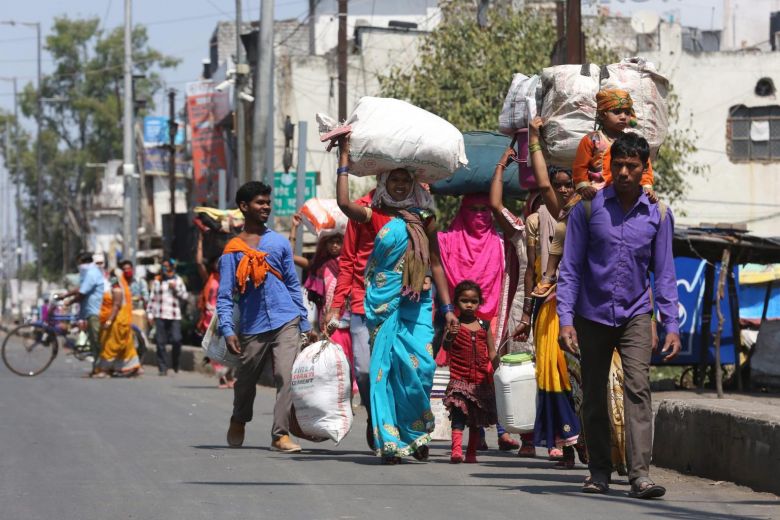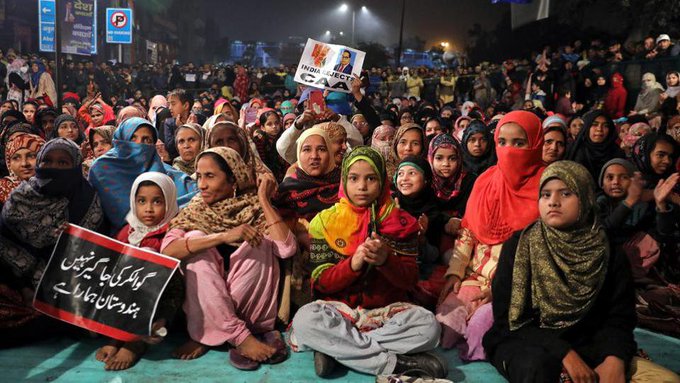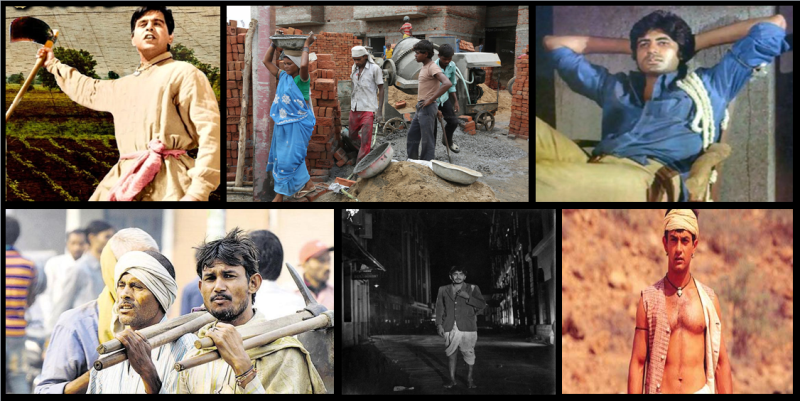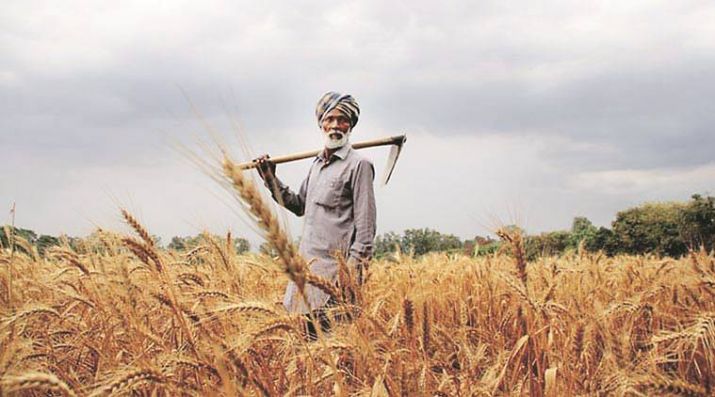A huge population of Indian migrant workers have become jobless during the ongoing lockdown that has been imposed by the Centre in order to curb and curtail the spread of the novel coronavirus. Not only have these migrant workers become temporarily unemployment but they have also become stranded and destitute.
In the absence of employment opportunities and lack of adequate governmental aid, these migrant workers have been rendered penniless and highly impoverished.
This means that not only is their daily survival a matter of concern for as long as the lockdown is in place but what is also important to note is that these migrant workers are now compelled to live a life without dignity and even basic human rights. They have been compelled to take arduous walks home in the absence of adequate transportation facilities and in different corners of the country they are dependent on charity and aid from the government/civil society for even the basic rations and medications.
It wouldn’t be wrong to say that the economic lockdown has been nothing short of a tremendous disaster for India’s migrant and working class of persons, just 7-8% of this class has a source of regular employment in the organised sector and the rest are working in the unorganised or informal sector. It is also important to acknowledge that the migrant worker is the link between the industrial and the agricultural sectors. Moreover, when the migrant worker comes from the rural parts of India to its cities and towns in search of employment he is in return forming the much needed bridge between the village and the city and the rural and the urban.
Indian agriculture employs the chunk of the population in rural India and the number of migrant workers that India produces is proportionately smaller than the former. Migrant workers flock to cities in search of better employment and better pay but irrespective of being registered or unregistered, they continue to lead a life of poverty and misery as they toil in the cities.
It is for this reason that the migrant worker class was one of the those sections of the Indian population that had to bear the brunt of a sudden lockdown announcement. With a sudden decision of the economic lockdown coming on their way, they were suddenly deprived even of their measure wages and their already minimal savings were exhausted in a matter of two to three days.
With families to feed and no money in hand, these migrant workers have been deprived of human dignity and basic rights.
The unplanned, uncoordinated and hastily announced lockdown has really impacted them in the worst possible way.
It is in this context that on May 22 nationwide protest will take place in form of a preparation for a collective larger agitation that may be coming up soon. And on May 27, small and marginal farmers, share croppers and unionised agricultural workers will come together in protest at block level offices across the country.
The call has been given by the All India Kisan Sangharsh Coordination Committee, which is a joint platform comprising of more than 200 peasant organisations.
The forum will engage in raising the demands of the community and asking for immediate state action and intervention in the deteriorating agricultural sector of India. The organisers asserted that all demands and protests cannot be carried out on social media and there was a need to come out in the open and raise demands through coming out in the public space even if it meant violating the social distancing protocol. In recent days, the changes made to the labour laws have drastically been changing the way the terms of employment would operate and would be a paradigm shift as far as working hours, wages, over time, health of workers and safety at workplace is concerned.
In the cover of a disaster that has to be managed and an economy that ought to be revived, such changes in the labour laws may prove disastrous in the long run.
Trade Unions throughout the country are mobilising workers to come out and mobilise themselves to fight back for their rights to dignity and protection.
Un-organised workers have been asked to join the protest on May 22 as part of the nationwide agitation to fight the changes to the labour laws. Many small scale and local protests were organised by different trade unions in many corners of the country since Mid-April but the protest that is to be organised on May 22 is expected to be bigger, louder and much well mobilised than the previous ones.
The lack of employment, inadequate infrastructural support and desperation have compelled the Indian migrant workers to suffer and decay amid the lockdown.
The prolonged uncertainty and helplessness is really taking a toll on their lives, when will the nation-state pay heed to the plight of the Indian migrant class?














